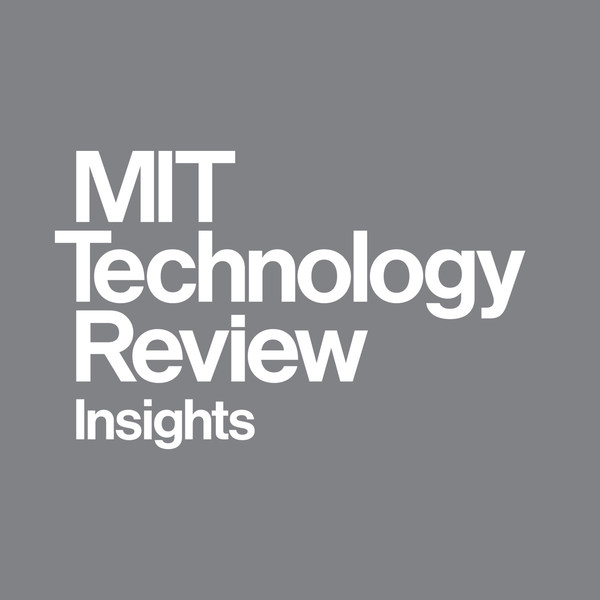 |
CAMBRIDGE, Mass., June 25, 2025 /PRNewswire/ — A new survey report by MIT Technology Review Insights reveals the best practices for success when implementing integrated digital solutions into health care, empowering leaders across laboratories and hospitals to make smarter and faster decisions.
The new report, “Scaling integrated digital health,” sponsored by Roche, is based on an MIT Technology Review Insights survey conducted in January and February of 2025 of 300 global health care executives, and a program of in-depth interviews with industry experts, startup leaders, and academic researchers.
“Rapid advancements in digital technologies offer exciting opportunities to improve the delivery of health care,” says Corinne Dive-Reclus, head of digital diagnostics at Roche Diagnostics. “Connecting diagnostic systems and instruments in secure, compliant ways can help deliver new insights to improve operational and clinical decision-making. We work daily with health care leaders globally to use these new digital technologies that help improve delivery of patient care.”
The top-line findings from the report include:
- Digital healthcare can help healthcare institutions transform patient outcomes, if built on the right foundations. An impressive 96% of our poll respondents say they are “ready and resourced” to use digital health, with one in four saying they are “very ready.” Solutions like AI-powered diagnostics, telemedicine, and remote monitoring can offer measurable impact across the patient journey, from improving early disease detection to reducing hospital readmission rates.
- Health care data has immense potential but fragmentation and poor interoperability hinder impact. A resounding 91% of executives agree interoperability is a challenge, one which a strong majority (59%) say will be “tough yet manageable” to solve. Health care systems generate vast quantities of data, yet much of it remains siloed or unusable due to inconsistent formats and incompatible IT systems, limiting scalability.
- Digital tools must augment, not overload, the workforce. With global health care workforce shortages worsening, digital solutions like clinical decision support tools, patient prediction, and remote monitoring can play an essential role supporting resource-challenged health care systems.
- Regulatory evolution, open data policies, and economic sustainability are key to scaling digital health. Even the best digital tools struggle to scale without regulatory support and viable business models. Open data ecosystems are needed to unleash the clinical and economic value of innovation. Regulatory innovation is also critical to transitioning from pilot projects to high-impact, system-wide adoption.
“Digital health holds enormous promise but only if we build on strong, interoperable foundations that empower both patients and providers, not overwhelm them,” says Laurel Ruma, global director of custom content for MIT Technology Review. “The time to scale with purpose is now.”
Download the full report now .
More information about Roche’s approach to digital health security and privacy can be found at: https://navify.roche.com/digital-trust
For more information please contact:
Natasha Conteh
Head of Communications
MIT Technology Review Insights
natasha.conteh@technologyreview.com
About MIT Technology Review Insights
MIT Technology Review Insights is the custom publishing division of MIT Technology Review, the world’s longest-running technology magazine, backed by the world’s foremost technology institution—producing live events and research on the leading technology and business challenges of the day. Insights conducts qualitative and quantitative research and analysis in the U.S. and abroad and publishes a wide variety of content, including articles, reports, infographics, videos, and podcasts.


